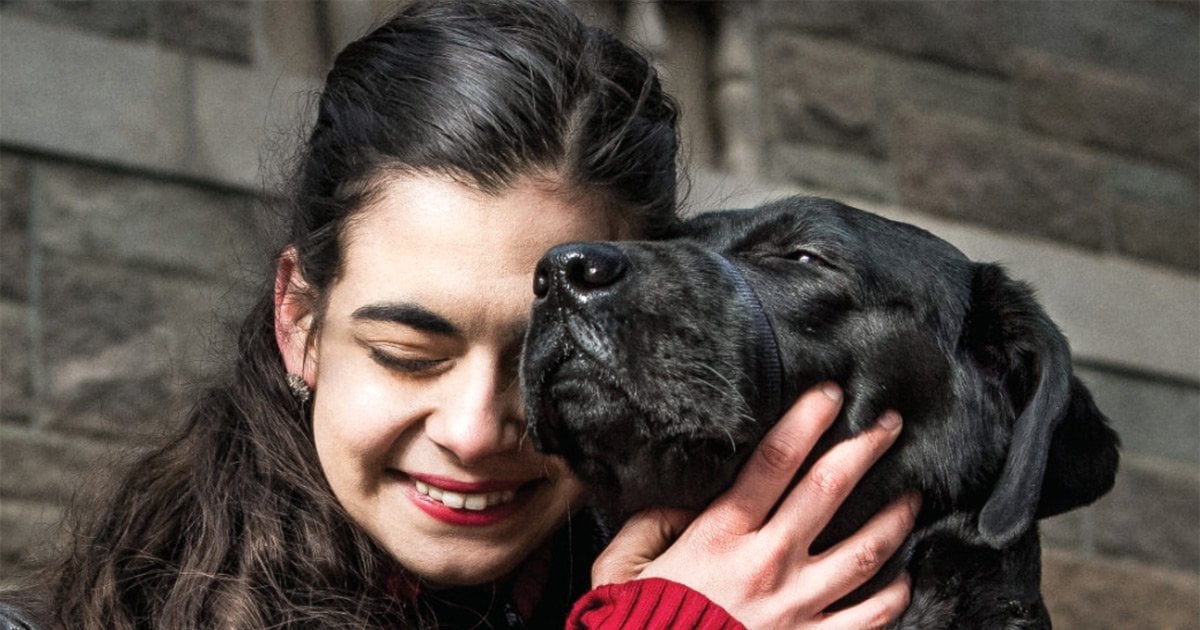What Challenging Times Have Taught This Young Gender and Disability Advocate
In her young lifetime, Aria Mia Loberti has faced more challenges than many of us.
In the third grade, she was taken out of school because her teachers were unable to accommodate that she was blind—or, more to the point, they forbid her from using a cane, saying she might trip other students; locked her in a room during recess; and permitted discrimination and bullying.
In middle school, she had an illness that caused memory loss and forced her to be on bedrest for two years.
Still, thanks to online learning and a supportive family, she went on to complete high school two years early and top of her class; graduated this year with a triple major from the University of Rhode Island; and was recently awarded a Fulbright to study in England, where she will travel alone this summer because her parents are in the high-risk category for COVID-19.
It’s a brief lifetime of experience that, coming from a wise young woman, offers unique insights into how to deal with change and challenge.
“Every time I look back on a transition in my life, I think there is a lot more to learn in retrospect than during the time of going through it,” said Loberti, who has represented women with disabilities as a delegate at the U.N. International Human Rights Summit and spoken at the Massachusetts Conference for Women.
“So, I would like to encourage people to look at this period of time with a lot of focus. Pick a goal for each day, each week—something short-term—so you can see the fruits of your labor demonstrated to you,” she said.
Put another way, she added: “Do whatever you need to do to get through this challenging time. It will be easier looking back. You survive and eventually thrive.”
As for what she is learning from living through a global pandemic, Loberti said: “So many people keep telling people my age that we have to be changemakers. I think that is really important and everybody can bring about change. But it is important to recognize that not everyone is going to bring about grandiose change.”
Her mother, for example, changed Loberti’s world by stopping work to homeschool her and care for her through two years of bedrest—something no one outside her circle would be likely to see as world-changing.
“The concept of what it means to change the world needs to be flipped on its head,” Loberti added. “Not everyone is going to be a future president or CEO. But you can change someone’s perspective for the better. You can influence your family or community for the better.”
